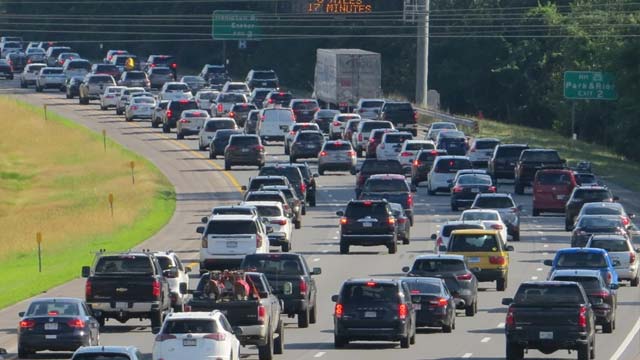
Advocates are expressing concerns following Governor Chris Sununu's veto of Senate Bill 501, which aimed to simplify the process for immigrants to obtain driver's licenses. Sponsored by Senator Donovan Fenton, the bill sought to authorize the Department of Motor Vehicles (DMV) to issue licenses to individuals with "conditional or permanent residence" in the U.S. and those holding employment authorization documents. Currently, the DMV issues licenses to those with work authorization permits or student visas who meet residency requirements and pass necessary driving tests, while permanent residents, green card holders, asylum seekers, and refugees can apply with a social security card, proof of residency, and a document verifying their immigration status.
Senator Fenton introduced the bill to streamline the existing process and make the law clearer for both DMV employees and applicants, motivated by a constituent's difficulty in obtaining a license despite having a work permit. Fenton cited the case of a local hospital janitor who had to ride his bicycle through snowstorms to get to work. However, Governor Sununu vetoed the bill, arguing that the current system was adequate and that the bill could cause confusion due to the undefined terms "conditional" and "temporary." He emphasized the need for clear definitions, especially given the ongoing and evolving illegal immigration crisis, and was supported by Tyler Dumont from the state Department of Safety.
Eva Castillo, head of the New Hampshire Alliance for Immigrants and Refugees, expressed disappointment, highlighting the impact on immigrants' ability to work due to difficulties in obtaining a license. She noted that transportation is a significant need, with many people struggling to get to work and relying on others for rides. Despite the veto, some advocates remain hopeful that New Hampshire will eventually expand its licensing eligibility to include undocumented residents, similar to Massachusetts. Pastor Aloisio Costa, serving many Brazilian immigrants in Nashua, emphasized the importance of continuing the fight for broader licensing access, drawing on his experience in Massachusetts, which took over 30 years to approve such a measure.





















